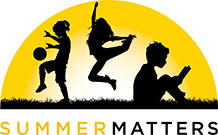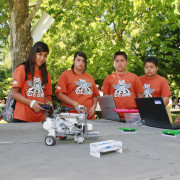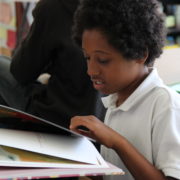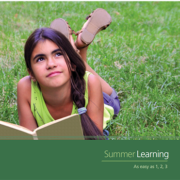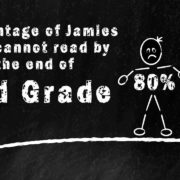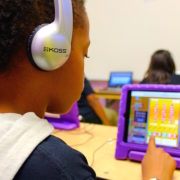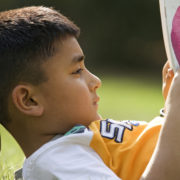Ensuring access to summer learning for all students
The research is clear that summer and after-school programs provide numerous benefits to students. According to a study by John Hopkins University, during the summer months children living in low-resource communities who are not engaged in activities tend to fall into a “summer slide,” while their peers from more economically advantaged communities build skills that will help them succeed. Students without positive summer activities lose nearly two months of competency in reading, and these losses are cumulative. By ninth grade, summer learning loss accounts for nearly two-thirds of the achievement gap in reading. Also well-documented are the negative impacts on health: youth without summer learning programs gain weight at a higher rate than during the school year. This is particularly true for children and youth of color and those who are already overweight.
